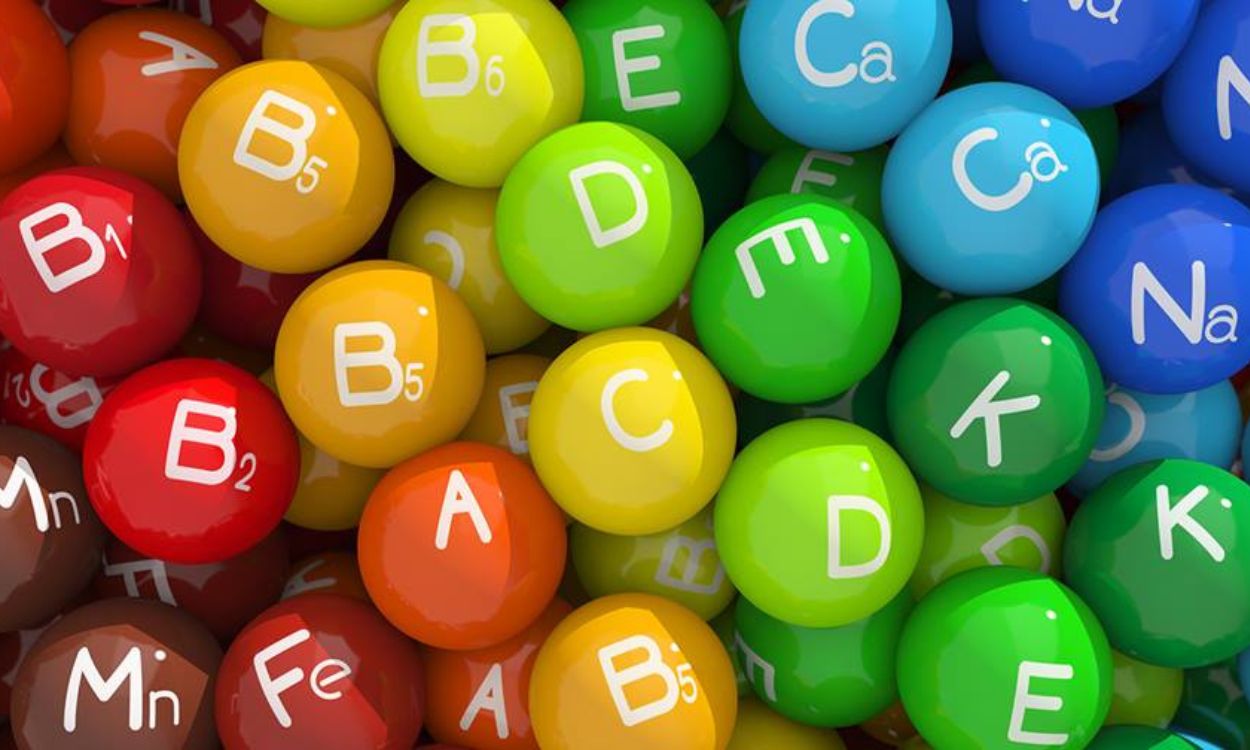How Many Vitamins Are There? A Comprehensive Guide to Understanding Vitamins and Their Importance for Your Health
Vitamins are essential nutrients that your body needs to function properly. They play a crucial role in maintaining good health and preventing various diseases. In this article, we will explore the different types of vitamins, their functions, and the best sources of each vitamin.
There are 13 essential vitamins that your body needs to function properly. These vitamins are divided into two categories: water-soluble vitamins and fat-soluble vitamins.
Water-soluble vitamins are vitamins that dissolve in water and are not stored in the body. They need to be replenished regularly through your diet. The water-soluble vitamins are:
1. Vitamin B1 (Thiamine): Helps convert food into energy and is important for the nervous system.
2. Vitamin B2 (Riboflavin): Helps convert food into energy and is important for healthy skin, eyes, and nervous system.
3. Vitamin B3 (Niacin): Helps convert food into energy and is important for healthy skin, nerves, and digestion.
4. Vitamin B5 (Pantothenic Acid): Helps convert food into energy and is important for the production of hormones and cholesterol.
5. Vitamin B6 (Pyridoxine): Helps the body make neurotransmitters, which are important for brain function, and is important for the immune system.
6. Vitamin B7 (Biotin): Helps the body metabolize fats, carbohydrates, and proteins and is important for healthy skin, hair, and nails.
7. Vitamin B9 (Folate): Helps the body make DNA and is important for the growth and development of cells.
8. Vitamin B12 (Cobalamin): Helps the body make red blood cells and is important for the nervous system.
9. Vitamin C (Ascorbic Acid): Helps the body absorb iron and is important for the immune system and healthy skin.
Fat-soluble vitamins are vitamins that dissolve in fat and are stored in the body. They do not need to be replenished as often as water-soluble vitamins. The fat-soluble vitamins are:
1. Vitamin A: Important for healthy vision, skin, and immune system.
2. Vitamin D: Helps the body absorb calcium and is important for healthy bones and teeth.
3. Vitamin E: Acts as an antioxidant and is important for healthy skin and eyes.
4. Vitamin K: Helps the blood clot and is important for healthy bones.
It is important to get enough of each vitamin to maintain good health. The best way to get vitamins is through a healthy and balanced diet. Here are some of the best food sources for each vitamin:
1. Vitamin A: Sweet potatoes, carrots, spinach, and liver.
2. Vitamin B1: Whole grains, pork, and beans.
3. Vitamin B2: Dairy products, eggs, and green leafy vegetables.
4. Vitamin B3: Meat, fish, and whole grains.
5. Vitamin B5: Meat, fish, and whole grains.
6. Vitamin B6: Meat, fish, and bananas.
7. Vitamin B7: Eggs, nuts, and whole grains.
8. Vitamin B9: Leafy green vegetables, beans, and fortified grains.
9. Vitamin B12: Meat, fish, and dairy products.
10. Vitamin C: Citrus fruits, strawberries, and bell peppers.
11. Vitamin D: Fatty fish, egg yolks, and fortified milk.
12. Vitamin E: Nuts, seeds, and vegetable oils.
13. Vitamin K: Leafy green vegetables, broccoli, and liver.
In conclusion, vitamins are essential nutrients that your body needs to function properly. There are 13 essential vitamins, which are divided into two categories: water-soluble vitamins and fat-soluble vitamins. It is important to get enough of each vitamin to maintain good health. The best way to get vitamins is through a healthy and balanced diet. If you need help achieving your health and fitness goals, download the Fitpaa app today and get started on your journey to a healthier you!











